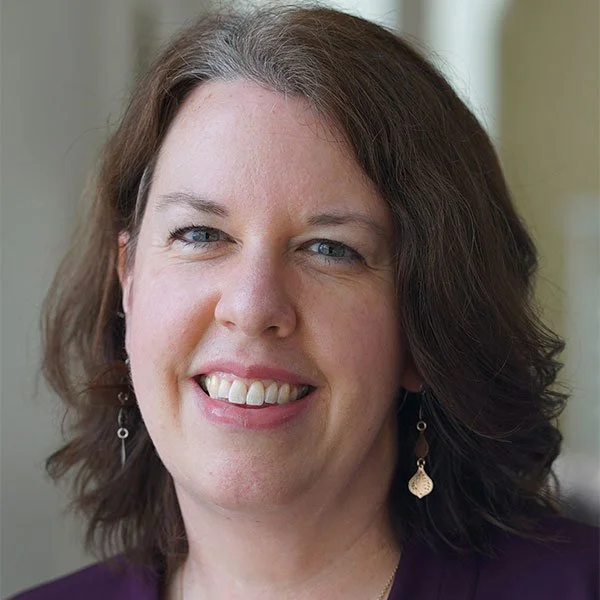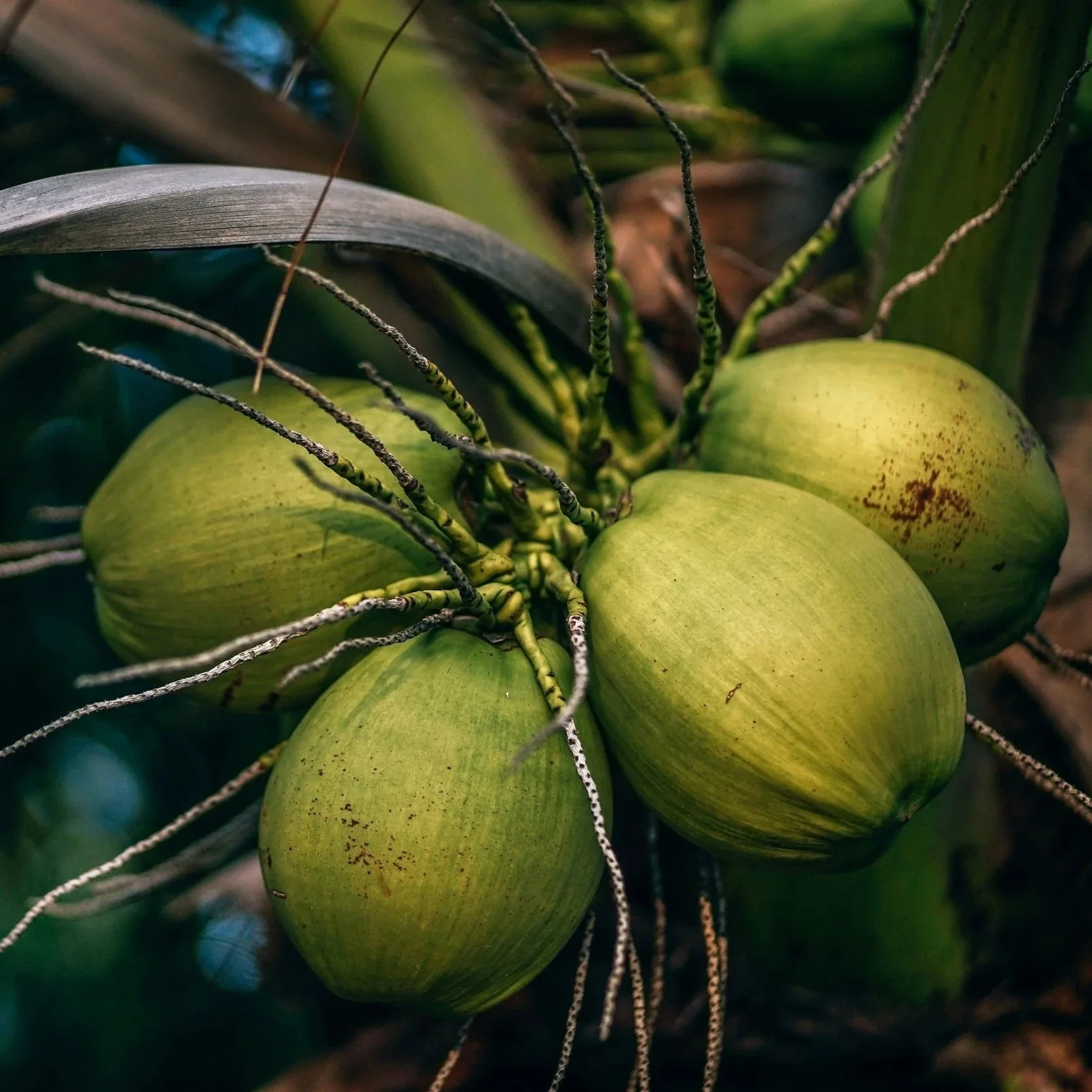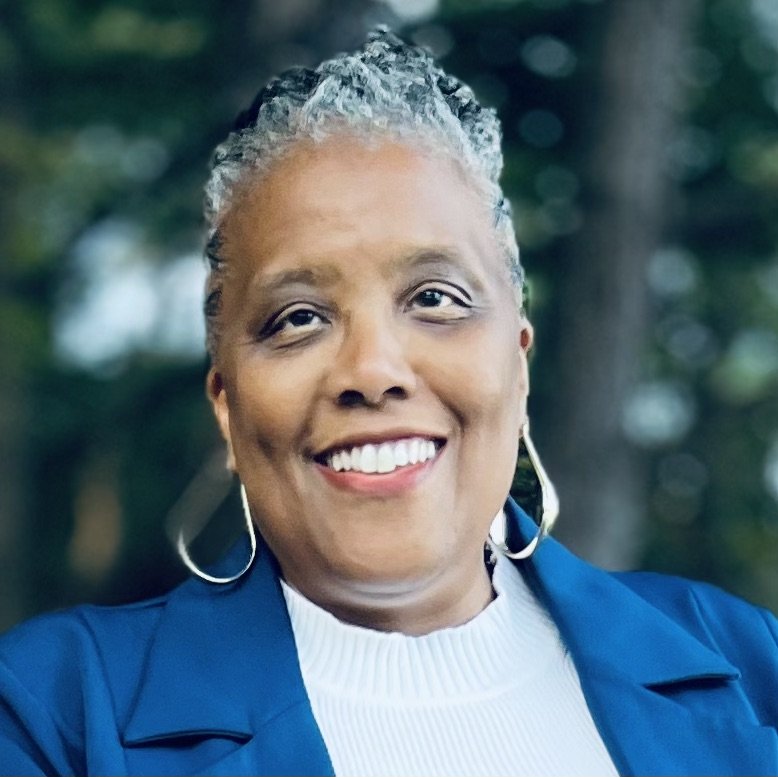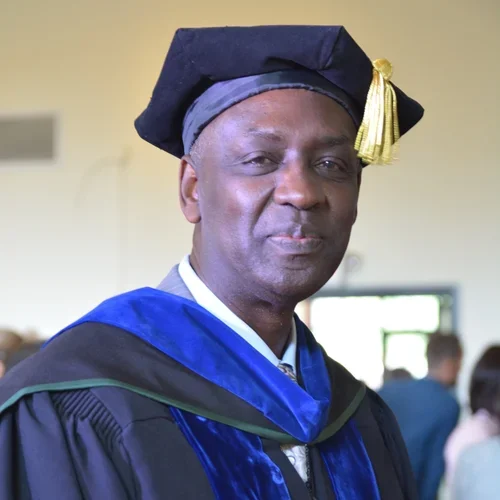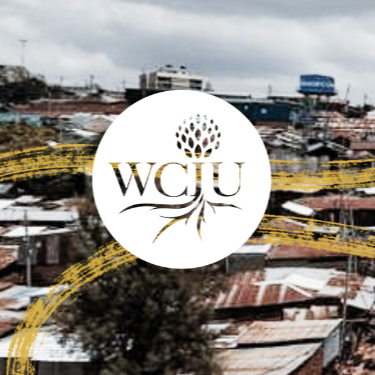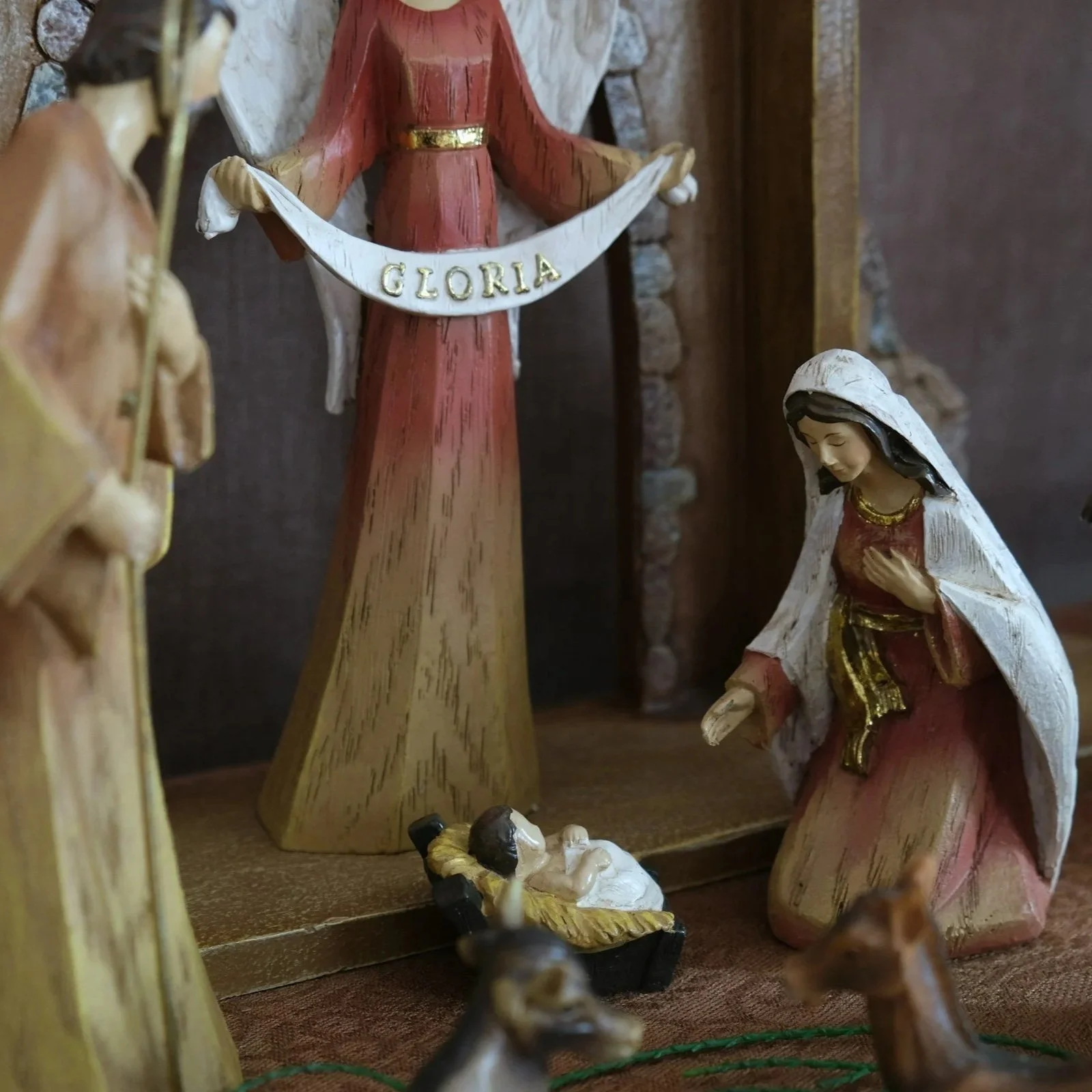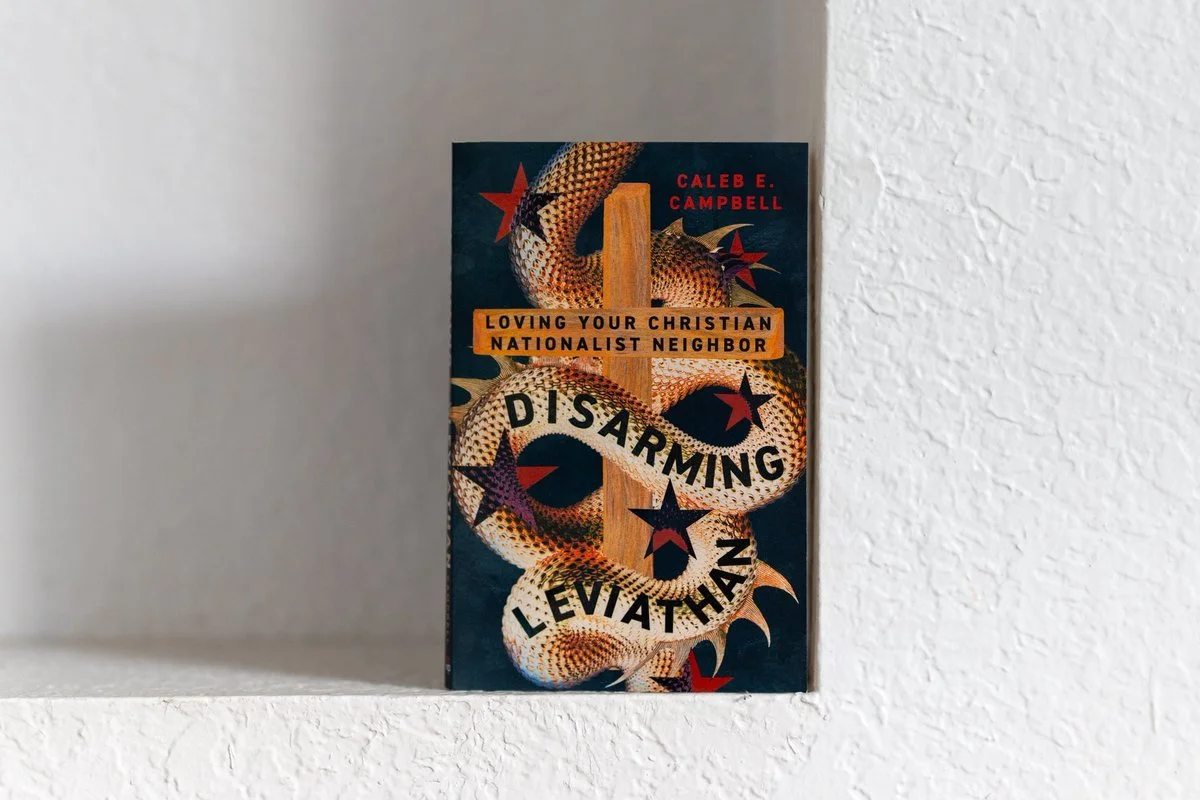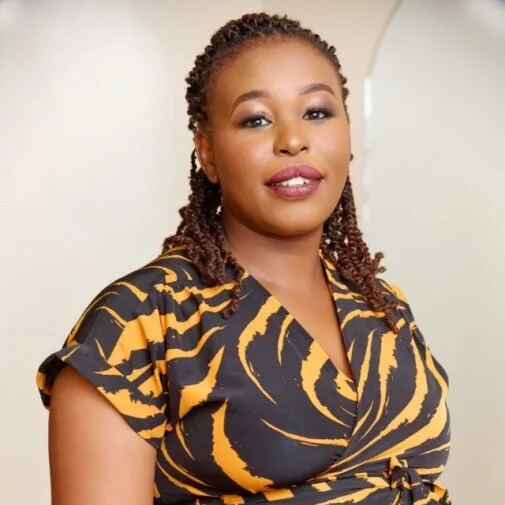
WCIU Blog
Welcome to the WCIU Blog—your place to catch up on university news, read thoughtful pieces from our institutes, and see how WCIU is engaging with communities around the world.
Taking Good Care Webinar Replay
We hope you enjoy this webinar, "Taking Good Care: Administration as Christian Formation," presented by the Women's Institute and featuring Dr. Jana Holiday.
Remembering Dr. James Butare
At the end of 2025 we lost an esteemed member of our adjunct faculty, James Butare. Our deepest condolences to Dr. James Butare’s family: James’s wife, Julie, and James’s children, Edgar, Elizabeth, Frances, and Daniel.
Mary’s Singular Focus
The Christmas season can be hard on women. In addition to ongoing responsibilities in various aspects of life, the Christmas season seems to ramp up most peoples’ expectations.
Alumni Journeys Webinar Series
A Series focused on Growing together as a global community of learners and practitioners
WCIU Alumni Journeys: Session 4
On November 14, our monthly Alumni Journeys webinar welcomed Paul Cornelius, President of WCIU, for a conversation with alumni across the globe.
Navigating The Complexity Of Callings In Women's Leadership Journeys- With Dr. Susan Maros
In this webinar, we explored the process of calling in women’s journeys. Because common narratives about calling tend to be shaped by men’s experiences, it can be easy for women to compare their experience to that of men and miss God’s distinctive leading and direction in their lives.
WCIU Alumni Journeys: Session 3
These forums will feature alumni sharing their experiences, challenges, and dreams in settings around the globe.
Creating Hope from Recycled Materials
Decluttering our houses can bring hope and blessings to those who have far less. Our old clothes that are donated or sold to charitable organizations can be recycled in ways that bring hope and blessings to many.
Engaging All GiftsWebinar Replay
In this webinar replay, we look at how International Directors from two large global mission organizations took steps to fully engage all the gifts God had given to further His gospel in the world.
Green Energy Transition for a Sustainable Future: China’s New Nationally Determined Contributions to Address Climate Challenges
On September 24, 2025, Chinese President Xi Jinping addressed the United Nations Climate Summit, recognizing the pivotal moment for global climate governance as the Paris Agreement reached its 10th anniversary.
Katharina Von Bora
Katharina Von Bora was born on January 29, 1499. When she was five years her mother died, and her father remarried. At the age of six, her stepmother sent her away to a Catholic boarding school.
Reimagining the Future Webinar Replay
Reimagining the Future: Transforming Obstacles into Pathways for Women’s Global Leadership in Mission.
Commencement 2025
The Board of Directors, Administration, Faculty and Staff of William Carey International University are happy to congratulate our recent Graduates! We hope you enjoy celebrating with us as you watch WCIU's Commencement 2024!

